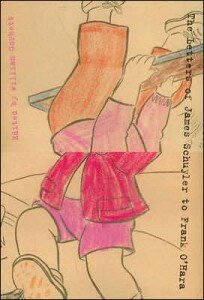When I’m blocked, blank, speechless, I fill the silence by internalizing a poem. I pick one that I know has something to teach me—some diction or rhythm that, once ingrained, might knock me free. I don’t think “memorization” is an accurate term for this practice. I prefer to call it learning by heart. It has little to do with rote remembering, and much to do with the commitment to know, invoke, embody the poem.
I borrowed the idea from Kim Rosen, whose book SAVED BY A POEM illustrates the difference between using the mind and using the heart in relation to reading and learning poetry—how poetry affects us on both cellular and spiritual levels.
“The healing did not come through writing poems or even through reading them. It came when I discovered that taking a poem I loved deeply into my life and speaking it aloud caused a profound integration of every aspect of me—physical, emotional, mental, and spiritual. I felt a wholeness I had never before experienced. I felt like I was flying. I was speaking the truth, and the truth was setting me free…
As you read poems, listen to them, and speak them aloud, try meeting them as you would a piece of music. Allow your rational, linear brain to relax. Dare to not understand, to lose your grip on making sense of the words. Let the images, like musical notes, pour over you. The French philosopher Gaston Bachelard writes that poetry “comes before thought . . . [R]ather than being a phenomenology of the mind, [poetry] is a phenomenology of the soul.”
Tonight at the National Arts Club, Vera Pavlova (http://cli.gs/ma8q1) spoke her poems in Russian and her husband/translator Steven Seymour read in English. Steven mentioned that Vera knows all of her more-than one-thousand poems by heart—and she delivers them sweetly, as though saying the names of her oldest and dearest friends, without faltering. Poem 24 from IF THERE IS SOMETHING TO DESIRE:
Why do I recite my poems by heart?
Because I write them by heart,
because I know that kind of spleen
by heart. But I lie to the pen,
not daring to describe how I ambled
along the distant ramparts of love,
barefoot, wearing a birthday suit:
the placental slime and blood.

